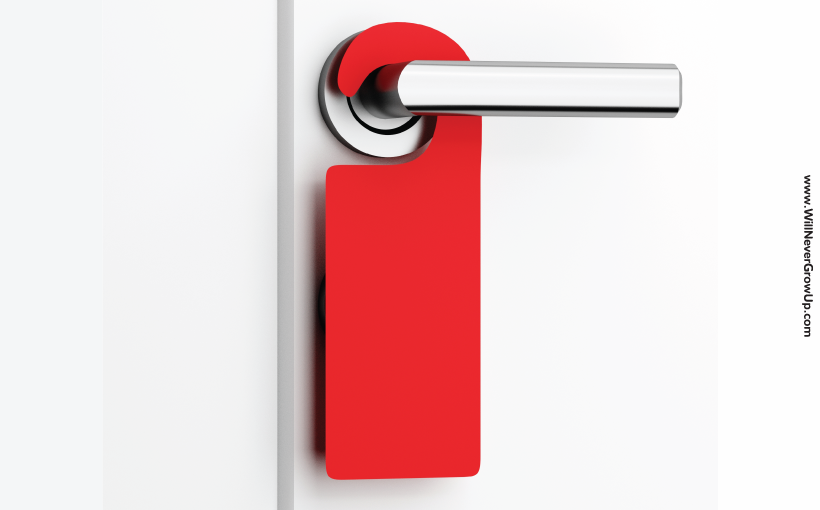Working with introverts
They are the quiet ones, keeping to themselves, away from conflicts and office shenanigans. But, introverts can be misunderstood, and the way they are wired often doesn’t work in their favour. Introverts process information differently. They think slowly but deeply. But these deep thinkers are also less likely to be vocal about issues affecting them. In a study on how personality affects workplace wellbeing by Sunnyvale, a publisher of the Myers-Brigg Type Indicator, it was revealed that among all the employees, introverts had lower well-being in five aspects, namely engagement, relationships, positive emotions, meaning and accomplishments. According to another research by Steelcase, introverts comprise about 30 to 50 per cent of the workforce. However, introvert-associated traits should not be generalised and it’s important to remember that people usually display different degrees of introversion depending on situations as well as the people around them. Still, the numbers can’t be overlooked. Is there a way, when the expertise of the introverted employees is harnessed in a better way?
Understand them
Introverts often struggle with open office spaces, impromptu sessions, group meetings and brainstorming sessions. They are usually the ones with a silent demeanour, which people often perceive in a less than positive manner. If you provide a safe workplace, where the pressure to speak out is lifted, they’ll thrive. After the meeting is over and the deadline has been set, trust them to get the task done. In fact, hovering can make introverted employees conscious and will hamper their ability to concentrate resulting in decreased productivity. Introverts need time to collect and assess their thoughts before bringing it in front of other people and we should try to respect their ways. Go the Jeff Bezos route. The Amazon CEO allots 30 minutes to his employees. Not only does it help everyone involved, it is especially beneficial to introverts as this gives them extra time to think about what they are contributing. While teamwork is highly valued, working independently is more suited to introverts. Allow them to be independent, in their thought and approach, wherever possible.
Don’t put them in a spot
Introverted employees detest being in the spotlight. Whether it is to give a presentation or a speech, if the focus is on them, they tend to get uncomfortable. Empower them by giving them opportunities where they can capitalise on their strengths while still accomplishing tasks that need them to come out of their comfort zone. Opt for one on one meetings whenever you can. Group meetings can put a lot of pressure on introverts, but given time, space and understanding, people learn to manage their job roles. Let them know in advance, of any meetings or events so that they can mentally prepare themselves. If a brainstorming session is to take place, give them a heads-up so that they can collect their thoughts and collate their ideas and suggestions.
Play to their strengths
Introverts tend to be better decision-makers as they take their time to think about all the pros and cons. This makes them effective planners as well. They generally come up with creative ideas. Asking introvert employees for their opinions and ideas one on one and allowing them to communicate by a medium they feel most comfortable with goes a long way in keeping them engaged and motivated.
Workplaces today are diverse, with myriads of people and personalities working together. There can’t be one style of working cut for all. For an organisation, a productive workforce is of the utmost importance. It’s time we learn to work with introverts. When they are engaged, they’ll be more likely to be happy and productive at work. By working with an understanding approach, we open channels to effective work. As a manager, the need is to get a clearer understanding of different personalities at the workplace and play to their strengths. Try being more accommodating and understanding which comes from acknowledging that introverts are contributing assets to the organisation. They need to know that you understand and value them. While most workplaces are geared towards extroverts, effort should be to create a balanced office environment which is favourable to everyone. Big structural changes may not be possible, one can have little corners of quiet spaces where introverts can decompress themselves. When employees feel valued and have a sense of accomplishment, they tend to be more engaged at the workplace.





